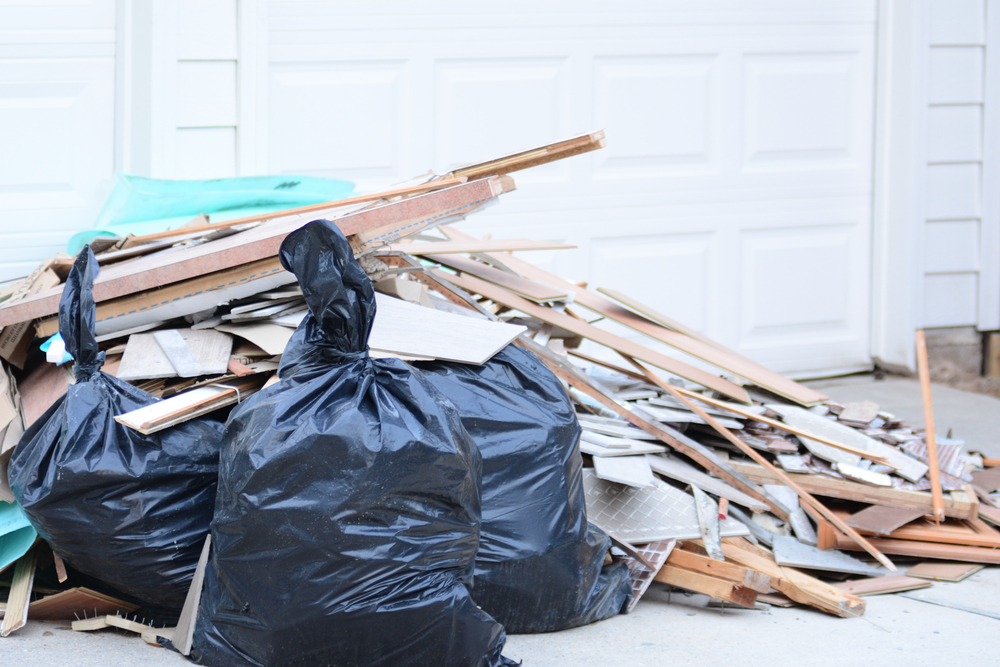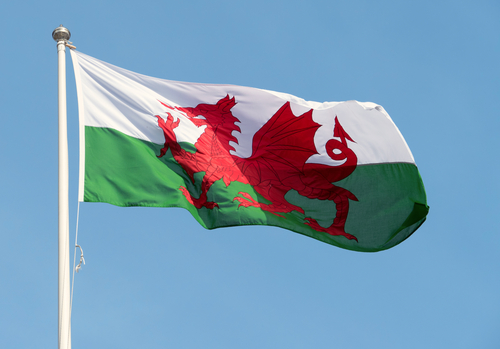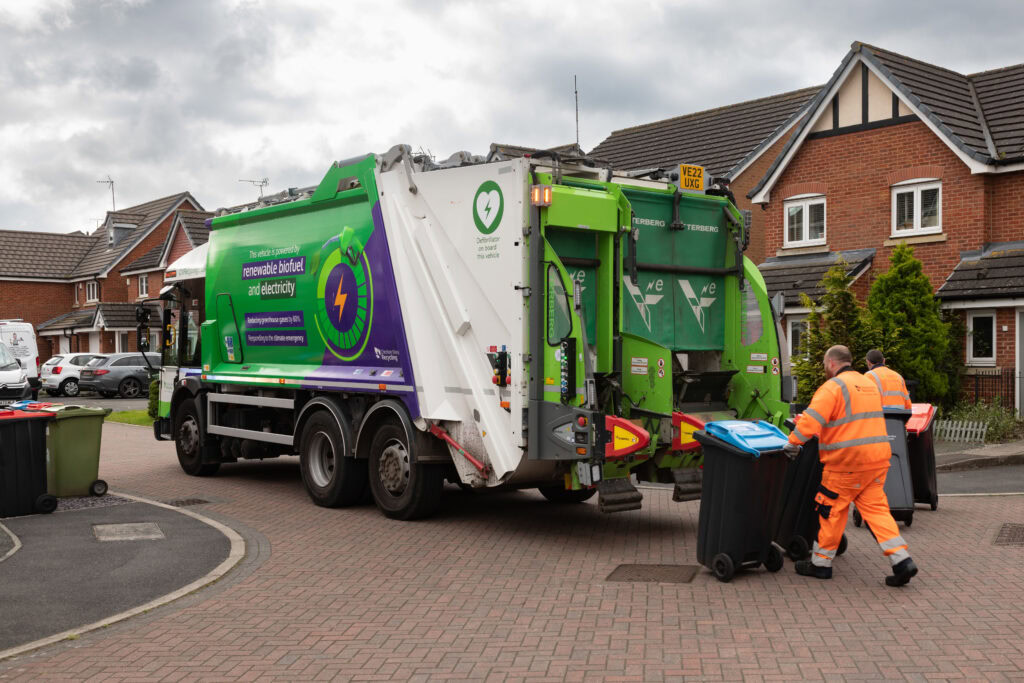The government set out plans in April 2022 to ban charges for DIY waste at household waste and recycling centres (HWRCs) as part of efforts to crack down on fly-tipping (see letsrecycle.com story).
It was estimated by the government that around a third of local authorities charge for certain types of DIY waste, despite the banning of “backdoor charges” at HWRCs in 2015 (see letsrecycle.com story).
In a statement today, the government said abolishing all fees received “overwhelming support” in the consultation, with over 90% of the 2,238 responses in favour.
The changes outlined today will mean councils treat DIY waste the same as household waste and could save households up to £10 for an individual item – for example, a sheet of plasterboard.
The government added that this will make it “much easier and cheaper for people making home improvements to get rid of their waste – and may reduce the temptation to use waste cowboys who fly-tip rubbish”.
A government spokesperson told letsrecycle.com that the changes will be be coming into effect later this year, likely the autumn.
We want to make it as easy as possible for people to dispose of their waste properly
- Rebecca Pow, environment minister
‘Burden’
Environment minister Rebecca Pow said: “We want to make it as easy as possible for people to dispose of their waste properly and that’s why we are removing the financial burden on doing the right thing with DIY trash.

“This not only supports our wider work to tackle fly-tipping and waste crime, but we are helping home improvers across the nations make their dream projects a reality.”
“These changes complement wider action we are taking to tackle fly-tipping and waste crime, which is estimated to cost the economy £924m per year in England.”
Councils
After the consultation last year, a survey run by the Local Authority Recycling Advisory Committee (LARAC) found that three-quarters of local authorities do not believe councils should accept household DIY wastes for free disposal at HWRCs.
LARAC, the organisation which represents local authority recycling officers, said the cost of covering any lost income will mean that other council service budgets will be cut.
The Local Government Association also slammed the proposals, saying the charges help to clamp down on costly abuse of the system, and instead said manufacturers can improve recycling rates and deter fly-tipping by providing more take-back services.
The LGA also said the money raised from these charges “go back into services to enable councils to offer disposal services for these materials”.
Charges
Even since the consultation was published, some councils have introduced charges at HWRCs, which will now have to be scrapped once these new rules are finalised.
Slough began charges for DIY waste in November 2022 (see letsrecycle.com story). The council reasoned that some items were “costly” to dispose of and, by not charging, the cost of was passed on to council taxpayers.
The council however said if the charges were banned “of course we will comply with that”.
‘Criminals’
The move was welcomed though by the executive director of the Environmental Services Association, Jacob Hayler, who said: “We welcome any measures that make it easier for householders to dispose of waste correctly and responsibly at their HWRC, which in turn reduces the chance of it falling into the hands of criminals or being fly-tipped.
“Tackling the scourge of waste crime, from low-level fly-tipping to industrial-scale illegal operations, will require a multifaceted approach which is why we also support additional measures being introduced to help local authorities and to implement digital waste tracking alongside reform of the licensing regime for waste carriers, brokers and dealers.”










Subscribe for free